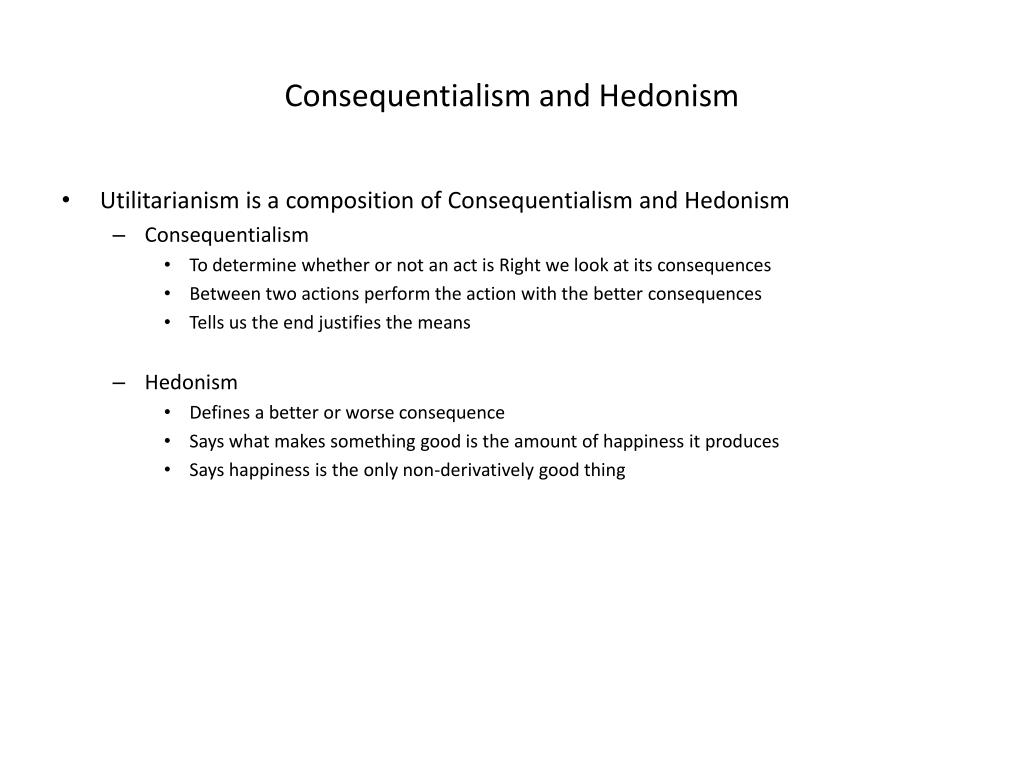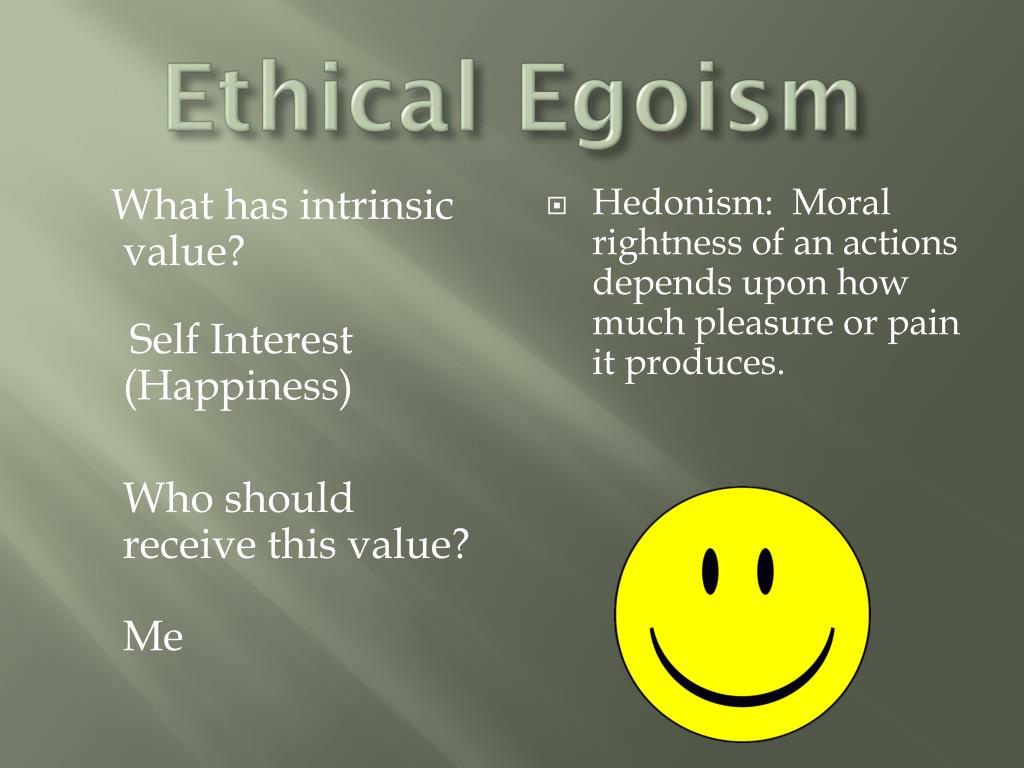

The best economists can do in their concepts of efficiency is talk about Pareto or potentially Pareto improvements, but these don't capture all changes that we may wish to say would improve utility. Of course, having these numerical utility functions still doesn't necessarily allow for interpersonal comparisons of utilities. This utility function needn't represent the same thing as Bentham's original conception of happiness, although Yew-Kwang Ng argues that it does when finite sensibility is taken into account. The von Neumann-Morgenstern utility theorem demonstrated that any preference ordering over lotteries satisfying four properties could be represented by maximizing the expected value of a utility function, unique up to a positive affine transformation. preferences from the standpoint of psychology.Įconomists tend to use preferences because revealed preferences can be measured, and in general, a preference ordering seems more "rigorous" than an arbitrary cardinal numerical assignment for intensities of happiness and suffering. Kahneman and Sugden (2005) discuss hedonism vs.

Later formulations generally moved toward focus on preference fulfilment instead. Jeremy Bentham's original formulation of utilitarianism was based around happiness and suffering. Hedonic experience as the id's preferences?.numerosity, paralleling the efficiency vs. But even if so, there remain many questions, such as Which entities count as agents? How should we weigh them? And how do we assess the relative strengths of their preferences? In using preference utilitarianism to resolve moral disagreements, there's a tension between weighting various sides by power vs. While I have strong intuitions on both sides of the dispute, in the end I may side more with idealized-preference utilitarianism. I also discuss how seeming infinite preferences against suffering could lead to a negative-leaning utilitarian perspective. It's a classic debate among utilitarians: should we care about an organism's happiness and suffering (hedonic wellbeing), or should we ultimately value fulfilling what it wants, whatever that may be (preferences)? In this piece, I discuss intuitions on both sides and explore a hybrid view that gives greater weight to the hedonic subsystems of brains than to other overriding subsystems. Postscript: Dialogue on non-hedonic preferencesīased on a piece from 2006 major additions: Oct.Is creating new satisfied preferences good?.


Preference utilitarianism as a universal morality.Cases where preferences diverge from hedonic wellbeing.


 0 kommentar(er)
0 kommentar(er)
